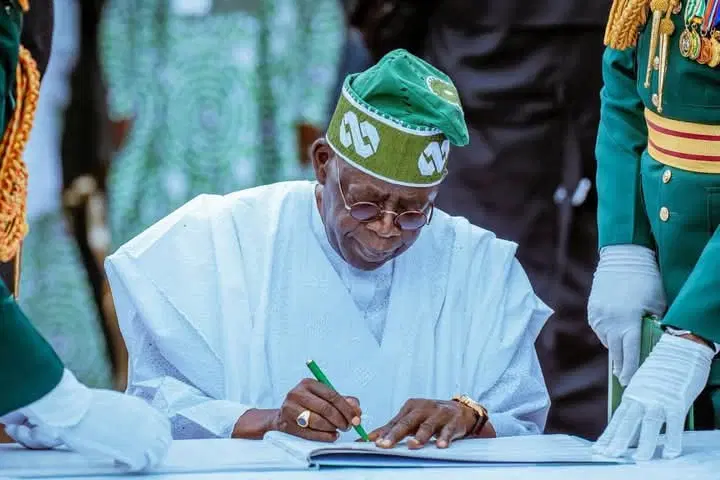Nigeria has opened discussions with the World Bank for a new $1 billion facility aimed at driving private investment, job creation, and economic diversification.
The programme, titled Nigeria Actions for Investment and Jobs Acceleration (P512892), is a Development Policy Financing (DPF) initiative expected to go before the World Bank Board on December 16, 2025.
According to documents reviewed by Nairametrics, the loan will be split evenly between a $500 million International Development Association (IDA) credit and a $500 million International Bank for Reconstruction and Development (IBRD) loan.
If approved, it will mark the second-largest World Bank loan obtained under President Bola Tinubu’s administration, following the $1.5 billion RESET programme approved in June 2024.
Pushing for private-sector growth
The World Bank said the financing aims to help Nigeria transition from short-term macroeconomic stabilisation to sustainable, private-sector-led growth. The plan includes reforms to expand access to credit, enhance digital finance, ease inflationary pressure, and strengthen key agricultural value chains.
“The DPF supports Nigeria’s shift from stabilisation to inclusive growth and job creation,” the concept note stated. “It aims to catalyse private investment, deepen capital markets and digital services, and promote export diversification.”
With private-sector credit at 21.3% of GDP in 2024, far below emerging-market averages, the initiative will support the implementation of the Investment and Securities Act 2025, improve credit-enhancement facilities, and introduce stronger consumer-protection frameworks under a new CBN rulebook.
Broader economic reforms
The plan also includes the National Digital Economy and E-Governance Bill 2025, designed to establish a legal foundation for electronic transactions and digital authentication.
Additionally, the World Bank is urging Nigeria to liberalise its trade regime, adopt AfCFTA tariff concessions, and simplify agricultural seed certification to boost food supply, cut inflation, and encourage export growth.
Part of a wider World Bank strategy
The loan aligns with three other World Bank-supported programmes — FINCLUDE, BRIDGE, and AGROW — all focused on expanding access to finance, improving digital infrastructure, and strengthening agriculture.
Outlook and debt context
The World Bank projects that these reforms could significantly lower living costs and boost job creation, particularly for small businesses.
As of June 2025, Nigeria’s total external debt stood at $46.98 billion, with the World Bank Group accounting for over 41% of that amount — approximately $19.39 billion in total exposure.
While the Bank praised Nigeria’s ongoing reforms — including fuel subsidy removal and FX unification — it noted that growth remains modest and poverty levels high. The new facility, it said, is designed to close that gap and accelerate inclusive, private-sector-driven recovery.



